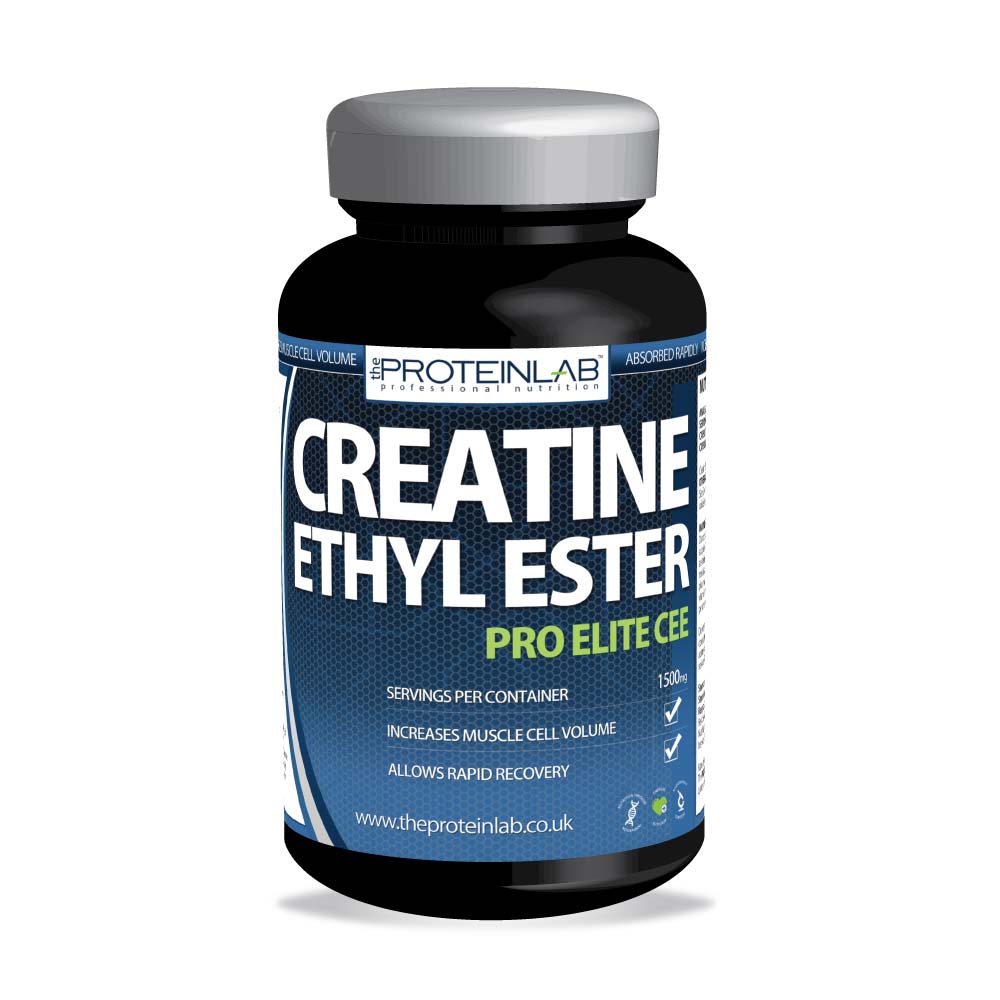Creatine has long been one of the most popular sport supplements on the market. Creatine is naturally found in some foods, yet trainees will often supplement with the compound due to its positive effects as an energy replenisher, aiding performance. Creatine monohydrate is a common form of the supplement, a tasteless white powder which can be mixed with a drink for consumption. Other delivery systems have begun to appear on the market, however, including creatine ethyl ester. Creatine ethyl ester is commonly shortened to CEE when being discussed online, and is available in both powder and capsule form.
Is creatine ethyl ester better than creatine monohydrate?
When CEE was released it was marketed as a more potent variation of creatine monohydrate, delivering even better results. Creatine monohydrate was and still is a very popular supplement, giving users a slight but notable increase in performance (slight strength increases, one or two more repetitions on an exercise etc) so creatine ethyl ester caused some buzz.
The claim was based on the fact the creatine ethyl ester had been shown to have a better absorption rate than that of creatine monohydrate, as well as having a longer half life (therefore staying in the system for a longer duration). In reality there are several reasons for and against creatine ethyl ester, so an answer to such as a question of “which is better?” would prove inconclusive. Users have noted varying success with both creatine monohydrate and creatine ethyl ester, so this would indicate a person is best experimenting with both to see how they react to either.
Creatine monohydrate is much cheaper than CEE, so it would be wise to first try this to gauge results. If little benefit is noted, try CEE. Many users have experienced greater results from CEE use compared to monohydrate, so CEE could be worth ago at some point, but people are sometimes happy with the gains noticed from plain creatine monohydrate use.
One last point – CEE may be best bought in capsule form, as many users dislike the taste of the powder (unlike creatine monohydrate which is pretty much tasteless). Furthermore, CEE HCl (the most commonly available CEE powder) is acidic and can cause dental erosion when brought in contact with the teeth.

